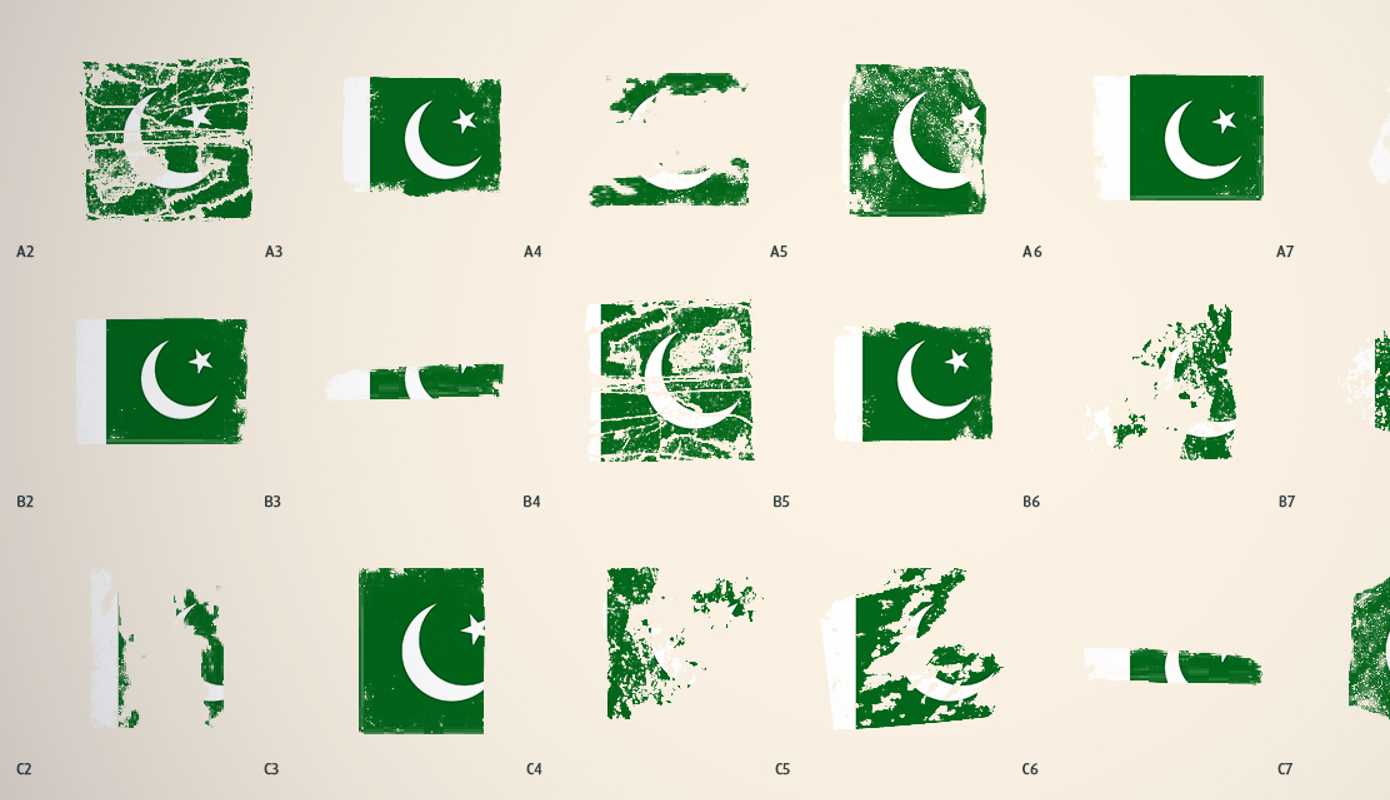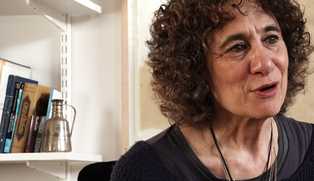For this to make sense I’m going to need you to suspend all disbelief and imagine the following: Faced with the rising cost of healthcare and education, the destructive influence of environmental change, the expanding epidemic of gun crime and tumultuous international relations with North Korea and Iran, Donald Trump decides, despite not being particularly God fearing himself, that the most pressing domestic concern is the custodianship of Christianity. What this means is unclear. What this requires however, is identifying a fifth column upon whom attacks can be orchestrated to distract from his failing presidency. As he scratches the ripe sheaf of corn atop his head, an idea comes to him: MOZZLEMS. A proposed amendment to the Constitution is quickly drafted and pushed through to reclaim ownership of Jesus, who Muslims do not believe to be the Son of God but instead an important prophet. Long discussions ensue over who owns the copyright on Jesus – the US government, the KKK, Christians across the world, God or no one? With increasing pressure from far right Christian groups lobbying the government to save the nation from eternal damnation, the amendment is passed, despite directly contradicting the existing constitution. It declares Jesus to be the property of the Christian faith (represented on Earth by USA) and nothing other than the Son of God. Anyone claiming otherwise cannot call him/herself a believer in Christ and must admit heresy. Ancillary laws are written to support this unprecedented erosion of civil rights. All references to Jesus as a prophet are banned, any Muslim caught possessing or distributing Qur’ans or any Islamic literature about Jesus will be arrested and imprisoned. Any Muslim talking about Jesus will incur a similar penalty. Passport and ID card applications require all Muslim US citizens to declare Jesus to be under no circumstances a prophet and to concede that claims to his prophethood are heretical. Those refusing to sign this declaration are deemed heretics. All Muslim TV channels, websites, books and other media are banned to prevent the moral decay of society, and Muslims look on in pained silence as their faith and beliefs are misrepresented by others, the law and society preventing them from speaking for themselves. As time goes on extremist groups ramp up religious fervour, signs outside shops and restaurants make it clear they do not serve those who blaspheme against Christ. Muslim homes and mosques are sporadically raided to ensure they are complying with law and Christ is not being mentioned in prayers. Eventually a separate electoral register is set up for heretics and plans are made to fund a national committee tasked with the mission of monitoring communities of heretics, to ensure they are strictly adhering to the law. Sympathisers of heretics are also accused of heresy, jailed and often killed by rogue extremists. If this reads like a string of clichés from a poorly written dystopian novel, it’s because this is all it should ever have been. But in fact this is reality for the Ahmadiyya community of Pakistan, which self-identifies as Muslim but was excommunicated by the State of Pakistan in 1974, and whose followers are rejected as “infidels” by the majority of (mainly Sunni) Muslims. Without delving too deeply into theological intricacies, the perceived difference between Ahmadis and other sects lies in eschatology, specifically the finality of the Prophethood of Muhammad (PBUH). This subject matter is as fundamental and as paradigm-shifting as establishing the divinity of Christ in the Council of Nicea was for Christianity. When Pakistan was created in 1947, her founder Mohammad Ali Jinnah envisioned a safe haven for all religious and ethnic minorities – not exclusively Muslims – to live free from persecution from a Hindu dominated India. As time wore on, a complex web of economic, international and geopolitical factors led to burgeoning religious (Sunni) fundamentalism effacing the pluralistic, tolerant and secular national identity envisaged by Jinnah. This drove a movement to embed Islam firmly into the structure of the State, requiring its parameters to be defined. Not only does this mean that today Pakistan’s religious minorities suffer enormously (ironically mirroring her neighbour’s state of affairs from which the country was meant to be an escape). It also means State enforced persecution of the Ahmadiyya community. Deemed imposters of the Islamic faith, Ahmadis are not allowed to identify as Muslims or publically engage in Muslim practices such as using Islamic greetings, reading or distributing the Qur’an or their own literature, giving the call to prayer, praying in a “Muslim” way, labelling their places of worship as mosques, applying for a visa to go on Hajj, voting as a muslim, or generally behaving in a “Muslim” way. Pakistani passports and ID card applications require renouncing key Ahmadi beliefs and declaring them to be heresy. Refusal to do so automatically identifies you as a “Qadiani”, a pejorative yet legal term for Ahmadis. Putting aside the existentialist conundrum that this denial of freedom of self-definition has created, if caught doing any of the above by the police it can lead to fines or several years’ imprisonment. Yet this is still a far more merciful fate than the lethal vigilante justice enacted against Ahmadis by random members of the public. This has led to the mass emigration of the Ahmadiyya community to parts of the world they can practice Islam more freely, and those remaining in Pakistan to withdraw into tight-knit ghettos, gagged by fear. Tensions particularly heightened in 2011, when the governor of Punjab, Salman Taseer (a hero for myself and others dreaming of an egalitarian and pluralistic Pakistan) was assassinated by his personal bodyguard (a hero for extremists the world over) for merely speaking out about the unjust nature of blasphemy laws and their social implications. The accusation of blasphemy is appropriated as an effective silencing weapon to win disputes, gain land and wealth, hush rape victims, etc. Few accused, who remain in the country, survive to tell the tale. Even any brief or equivocal mention of Ahmadis or blasphemy in Pakistani media has earned the speaker untold death threats and led to a general quiescence of the issue amongst the public. This stifling miasma exists to the extent that one cannot even acknowledge the problem of blasphemy legislature. So why mention this now, when this oppression has been going on for decades? For much of November, a ragtag bunch of Sunni extremist groups dominated by one called Tehreek-e-Labaik instigated mass protests and incited hatred against Ahmadis in Pakistan, paralysing the entire country, over fears that the government was conspiring to water down laws defining the finality of Prophethood. Following 22 days of extreme unrest, uncertainty and clashes with law enforcement agencies, the government conceded to every single demand made by the group. Here is where it gets really scary, if the above wasn’t sufficiently terrifying. The government declared there would be further crack downs on the community by introducing a clause to existing legislature, allowing members of the public to relay suspicions of Ahmadis “posing” as Muslims to the police, who could then order the accused to prove they were a “real” Muslim so as to maintain their position on the Muslim electoral register. A register of Ahmadi citizens is currently being readied for placement in the public domain, almost as a gesture to the average genocidal zealot who can’t be bothered to do their own homework. This is how Apartheid is built. The foundation is laid on the stony cold silence of a complicit public. National identity is constructed around negation of “The Other”. As the Ahmadiyya community retreats and shrinks in Pakistan and is denied representation, the bogeyman grows larger, the storm clouds darken, the night deepens. So I urge my fellow Sunni Muslims to please be on the right side of the Resistance. This poison is spreading to the UK; it is kindling for inter-sectarian violence that will only continue to increase in the coming months. Be brave and speak up, or no one will be left to speak for you.
The Beginner’s Guide to Religious Apartheid

Sunni supremacy and Ahmadi persecution in Pakistan


